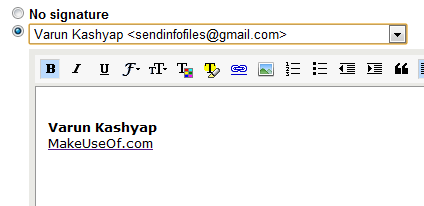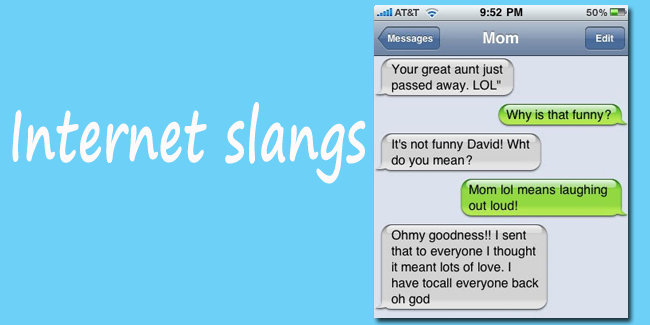

This slang word refers to people who love to gossip. Maritess is a Filipino slang word that is really popular these days. If you know someone from the Philippines whose name is Maritess, then she might not be too happy with it because today, this name has a different meaning. (There are lots of Maritess outside of our house.) MaritessĮxample Sentence: Ang dami na namang Maritess sa labas ng bahay. From mare, it became mars (a shortened version), then it evolved to marecakes (a creative version).

Now, it is also used by millennial girls to refer to their friends. In the Philippines, back then, you’ll often hear “mare” used by your mother to talk to her friends. The word mars or mare is used as an endearment between women. This slang word doesn’t have something to do with the planet. Mars/Mare/MarecakesĮxample Sentence: Kamusta ka naman, mars? (How are you, mars?)

The additional “w” at the end is just an exaggeration and a creative way to say the word. Now, you can also see this expression on the internet used by common Filipinos the internet to share what they are up to, even if they are not making a video. It is an expression that bloggers mostly use in their vlogs. ( For today’s video, we’re going shopping!)Īnother mostly used Filipino internet slang word in everyday conversation. Here are other variations of this Filipino slang word:Įxample Sentence: Magsho-shopping tayo for today’s video. The word “person” is mainly referred to the speaker in the third person point of view but can also refer to another person. It’s just a creative way to share what you’re doing for the day. It doesn’t have any other meaning than its English meaning. It is supposed to mean “for the person.” Filipinos use this slang word in different contexts and situations, indicating a purpose. This is a newly emerged Tagalog slang word after a TikTok video went viral. Forda FersonĮxample Sentence: Forda kain na naman ang mga ferson. So, here are some common Tagalog internet slang words that you might encounter when you are in the Philippines or when you’re talking to a Filipino online. Filipinos even have slang for existing slang terms, making the language exciting and fun to learn. Some Tagalog slang words are formed by inverting words. Slang words are products of globalization, foreign influences, and Filipinos’ creativity, especially Filipino millennials. Since many Filipinos are all over the internet 24/7, it’s no surprise that slang words are quickly born. 36 Internet Slang Words In Tagalogĭo you want to sound like a local? Well, start by learning Tagalog slang words, especially internet words. Some people don’t like slang because they think it’s rude or wrong, but it’s very creative and shows how a specific language changes over time. Most of the time, you’ll hear slang more than read it, but emails and texts often have many words used in everyday speech. So, today, we will learn some Tagalog internet slang words that will help you sound like a local.Įvery generation has its slang, colloquial terms, or words that only a particular group of people use. Filipino words are so interesting to learn because there are always new ones. Filipinos love inventing words for certain trending situations. Every year, there are new Tagalog internet slang words born. There is a consensus that the emergence of new technologies has significantly changed language in the 21st century, and that in general, human users are conforming in some ways to the limitations and demands of digital technologies in terms of what they say and how they speak.Chariz, Chariz, and Naol? Curious about what these words mean? Join the trend and be a Marites forda day by learning these timely Tagalog internet slang words.įilipinos’ creativity really has no bounds. Other kinds of chat slang involve ASCII character art or visual emoticons that help to show emotion in digital communications.Īll of these forms of chat slang have become a major point of interest for linguists and others charting the evolution of human language. For instance, one of the traditional terms that has entered the English lexicon is the word “newbie” or “noob” to signify someone who is a neophyte or uninitiated in a certain kind of technology. In addition, there are spelled out words that may also be part of chat slang. A subcategory of chat slang adds numbers or other characters for interpretive value “L8r” (later) and “Gr8” (great) are examples. Abbreviations like IDK (“I don’t know”), LOL (“laugh out loud”) and BRB (“be right back”) are classic examples of this type of chat slang. The major category of chat slang includes a large number of abbreviations that express different ideas using short combinations of keyboard entries or individual ASCII characters.


 0 kommentar(er)
0 kommentar(er)
